Remember, Memorial Day was started by African-Americans
Posted May 27th, 2016 by James DeWolf PerryCategory: History Tags: Charleston S.C., Emancipation to Equality, Memorial Day, South Carolina, U.S. Civil War
In honor of Memorial Day, we are reposting this blog entry from 2013, which recounts how the first Memorial Day was celebrated by free black troops and civilians in Charleston, S.C. at the end of the Civil War.
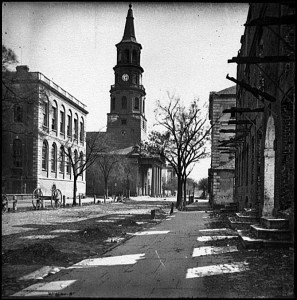 As we pause today to remember the nation’s war dead, it’s worth remembering that Memorial Day was first celebrated by black Union troops and free black Americans in Charleston, South Carolina at the end of the Civil War.
As we pause today to remember the nation’s war dead, it’s worth remembering that Memorial Day was first celebrated by black Union troops and free black Americans in Charleston, South Carolina at the end of the Civil War.
As historian David Blight recounts in his masterful book, Race and Reunion: The Civil War in American Memory (2001), Charleston was occupied by Union troops in the spring of 1865, most white residents having fled the city. In this atmosphere, the free black population of Charleston, primarily consisting of former slaves, engaged in a series of celebrations to proclaim the meaning of the war as they saw it.
The height of these celebrations took place on May 1, 1865, on the grounds of the former Washington Race Course and Jockey Club, an elite facility which had been used by the Confederates as a gruesome prison and mass grave for unlucky Union soldiers. Following the evacuation of Charleston, black laborers had dug up the remains of Union soldiers, given them a proper burial, and built the trappings of a respectful cemetery around the site to memorialize their sacrifice.



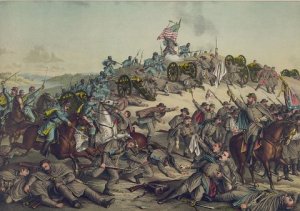 Today marks the 150th anniversary of the Battle of Nashville, which, between December 16-17, 1864, broke General John Bell Hood’s Confederate Army of Tennessee and left Tennessee in Union hands for the duration of the war.
Today marks the 150th anniversary of the Battle of Nashville, which, between December 16-17, 1864, broke General John Bell Hood’s Confederate Army of Tennessee and left Tennessee in Union hands for the duration of the war.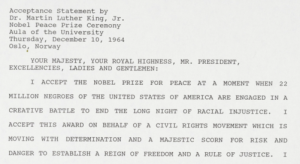
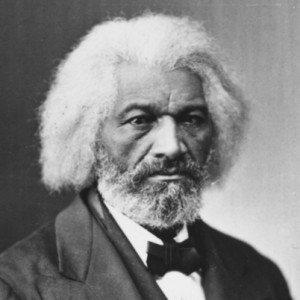 This post was originally published on July 4, 2013 and is reposted today in commemoration of Independence Day, in all its meanings.
This post was originally published on July 4, 2013 and is reposted today in commemoration of Independence Day, in all its meanings.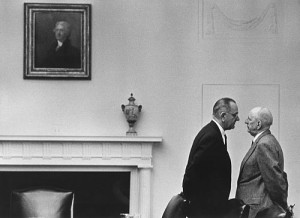 Fifty years ago today, the U.S. Senate passed the landmark Civil Rights Act of 1964, after ending the longest continuous debate in Senate history.
Fifty years ago today, the U.S. Senate passed the landmark Civil Rights Act of 1964, after ending the longest continuous debate in Senate history.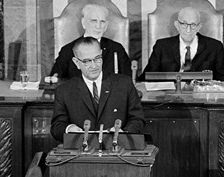 Today is the 50th anniversary of the War on Poverty.
Today is the 50th anniversary of the War on Poverty.